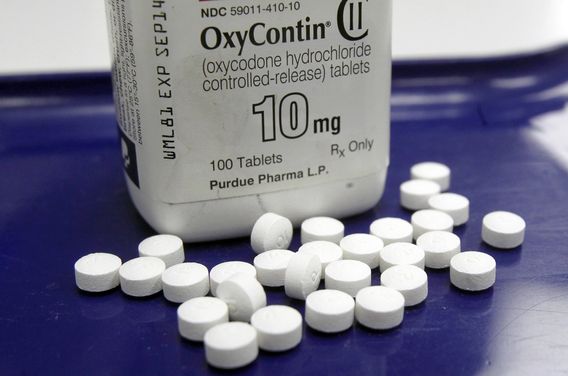In a news conference Thursday at Harborview Medical Center, Ferguson and Holmes introduced their lawsuits. Ferguson said Purdue had conducted an “uncontrolled experiment” by infusing communities across the nation with misleading marketing about opioids. Such marketing continued, according to his complaint, despite a 2007 court order in a prior lawsuit brought by Washington and 25 other states over the same issue.
The order prohibited Purdue from understating risks of abuse and addiction, and also required the company to take action when it became aware of overprescribing “pill mills.” And yet, Fergson’s lawsuit claims, Purdue looked the other way when confronted with red flags.
“They ignored what was happening … for their bottom line,” Ferguson said, “and that’s not right.”
Holmes said Seattle’s lawsuit would seek to “recover what’s been lost” because of the opioid epidemic. The suit refers to defendants as the makers of brand names like OxyContin and Percocet as well as generics such as oxycodone and hydrocodone.
He said the city spends millions each year for first responders who deal with overdoses, social workers who help treat people with addiction, and park employees who pick up needles instead of doing other work.
Holmes also linked the epidemic to the city’s homelessness crisis. He referenced a 2016 city assessment that concluded a main cause of someone losing their home, second only to job loss, was drug addiction. “Unlike earthquakes and hurricanes, this disaster is human-made,” Holmes said.
Purdue issued a statement Thursday in response to the lawsuits, saying it was seeking motions to dismiss similar suits in other states.








It’s time to prevent drug companies from poisoning our communities.
Please contact my office if you, a friend or family member face criminal charges related to drug addiction. It’s important to have a caring, competent and experienced criminal defense attorney who fights for your constitutional rights, supports your defenses and understands the story behind the charges. Call today.